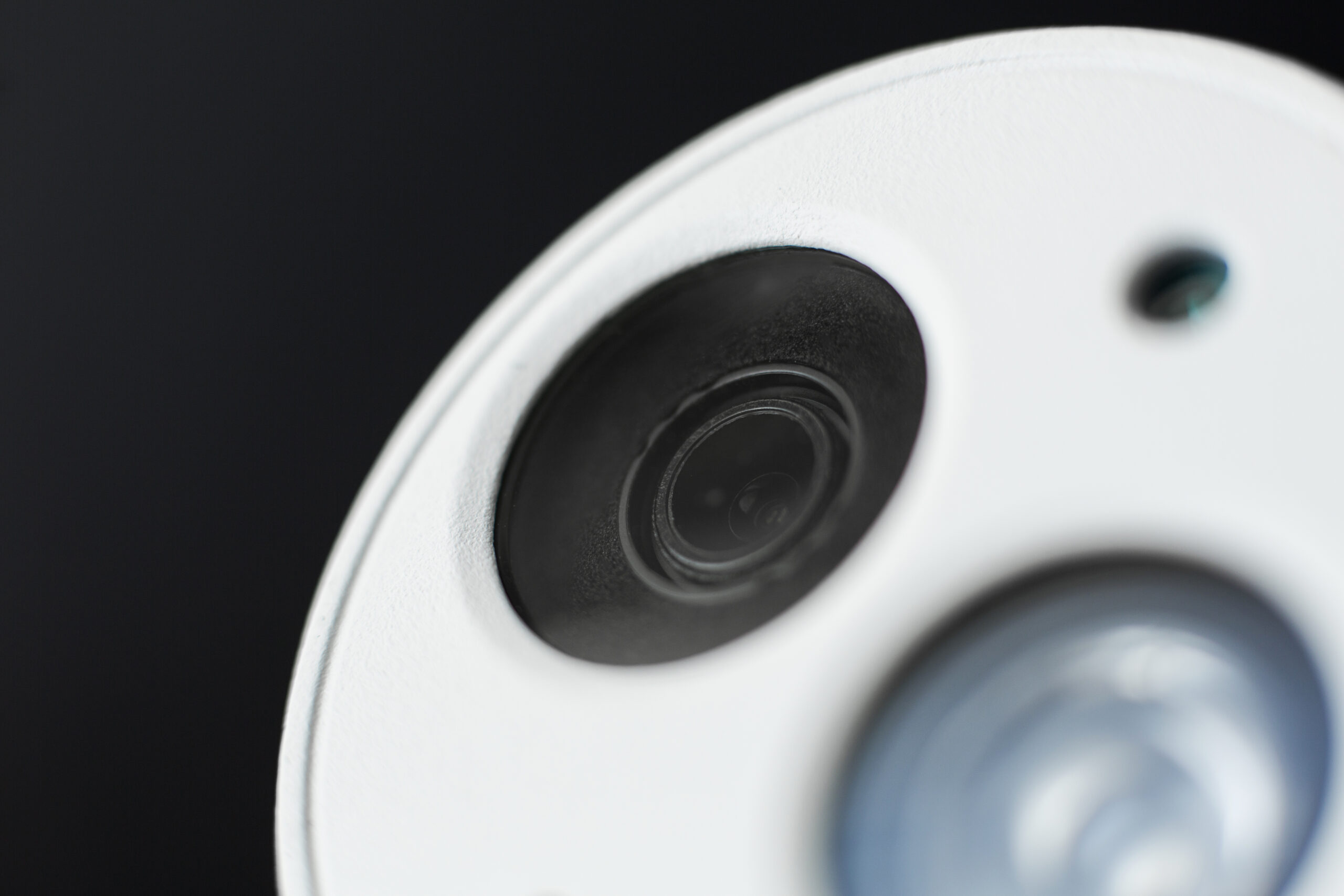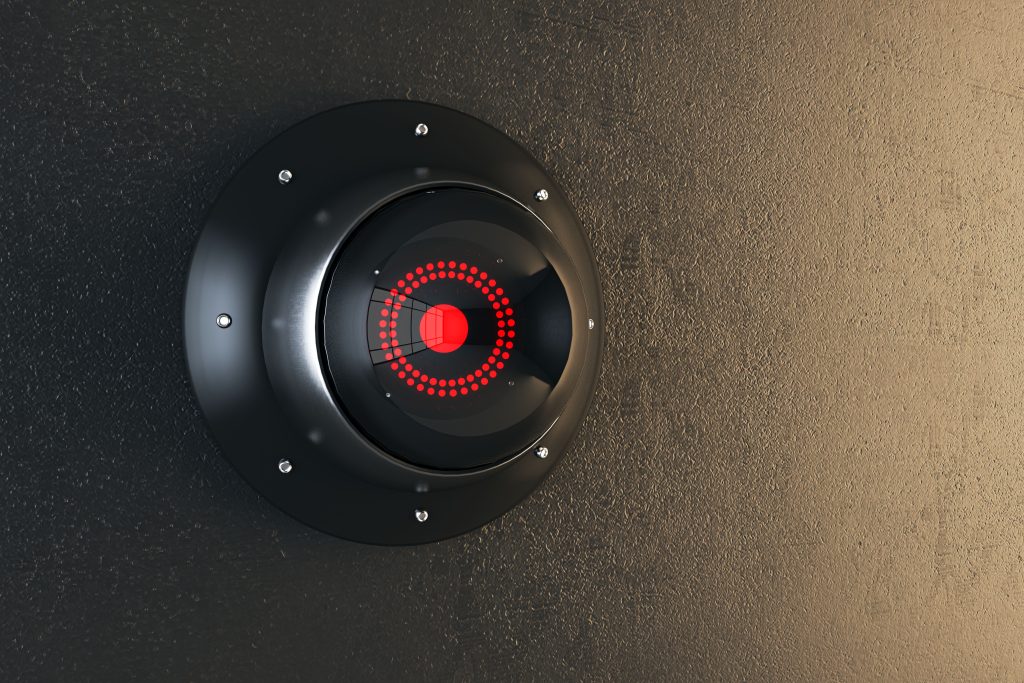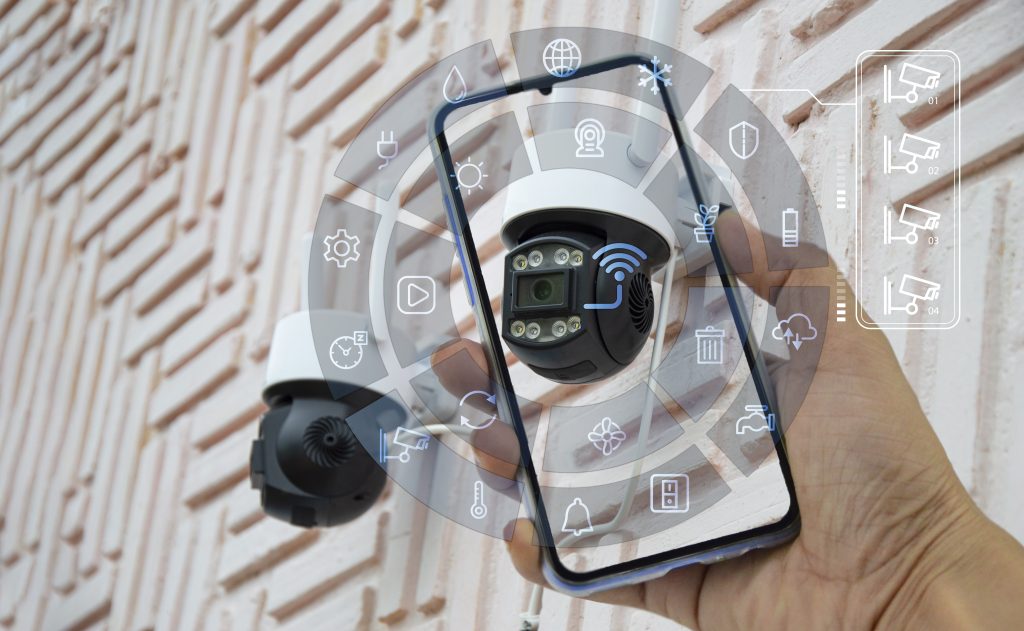CCTV System Audio Recording: Why It’s a Smart Choice

In cities, where life hums along at all hours, about 90% of crimes are reportedly caught on CCTV. That’s a staggering statistic, isn’t it? But here’s something people often overlook—CCTV isn’t just about watching. Many systems now include audio recording, which adds another layer to what’s captured.
Think about it: hearing a heated argument, a suspicious noise, or even a critical detail in the background can completely change how an incident is understood. It’s not just about seeing anymore; it’s about truly understanding the moment. Curious how audio recording could make a difference for you? Keep reading to learn more.(1)
Key Takeaways
- CCTV systems with audio recording help capture important sounds, making surveillance more effective.
- There are different types of CCTV cameras, including IP cameras and analog systems, each with unique audio features.
- Legal considerations are important when using audio recording in CCTV systems to ensure privacy and compliance.
Types of CCTV Systems with Audio Recording
Credits : CCTV Camera Pros
Alright, let’s break down the different kinds of CCTV systems that can record sound. Each one has its own perks and quirks, so here’s what you need to know.
IP CCTV Cameras
IP cameras are like the new kids on the block, and they’re packed with useful features.
- Built-In Microphones: A lot of these cameras already have microphones built in. That means they can pick up sounds right where things are happening. It’s like having both eyes and ears in the same spot!
- Clear Sound: These cameras record sound in high quality because they turn it into digital data right away. Think of it like listening to your favorite song in super clear sound—you catch every word and beat.
- Easy Storage: The sound gets sent to a Network Video Recorder (NVR) along with the video. This makes it simple to go back and replay both what you saw and what you heard. Handy, right?
Analog CCTV Cameras
Analog cameras have been around for a while, and they still work, but they’re a bit old-fashioned.
- Separate Audio Wires: These systems usually need extra cables to record sound. It’s not as smooth as the newer setups, and the sound might not be as sharp. Sometimes, it’s hard to catch what people are saying.
- A Bit Clunky: Setting them up can be tricky because of all the extra wires. Plus, they don’t always let you record as much sound at once, which could mean missing something important if there’s a lot going on.
Wireless CCTV Systems
Wireless systems are super easy to install and can be a good choice for some people.
- Audio Options: Some wireless cameras can record sound, but they might need a little extra work to get them running right. The sound quality isn’t always as good as IP cameras, but they’re still convenient if you want something quick and simple.
Shielded Residence offers tailored solutions to help you choose the right audio-enabled CCTV system for your home, ensuring every need is met with cutting-edge technology and professional guidance. Keep reading to figure out which one might work best for you!
Audio Features in CCTV Systems

CCTV systems with audio recording come with some pretty neat tricks. Here are a few features that make them stand out:
- Continuous Audio Recording: This means the camera is always listening, like a super-alert friend who never zones out. It catches everything—every sound, every word—so you don’t have to worry about missing anything important.
- Event-Triggered Recording: Some cameras are smart enough to start recording only when they hear something loud or spot movement. This saves storage space because you’re not recording hours of silence. It’s especially helpful if there’s a sudden noise or commotion, and you want to know what caused it.
- Two-Way Audio Communication: This is one of the coolest features. With certain systems, you can actually talk through the camera! If someone’s at your door, you can ask who it is or even say hello—all without opening the door. It’s like having a walkie-talkie built into your security system, making things safer and easier.
These features can really step up your security game. Keep reading to see how they might fit into your setup!
Legal Considerations for CCTV Audio Recording
Using audio with your CCTV system can be super useful, but there are some rules to keep in mind:
- Why Record?: There needs to be a good reason for recording audio. Maybe it’s to keep your home or business safe, or to catch someone doing something wrong. Shielded Residence ensures that all audio-enabled systems are installed with full compliance with privacy regulations, helping you balance security with respect for others’ rights.(2)
- Tell People: If you’re recording audio, it’s only fair to let others know. A simple sign that says something like, “This area is under video and audio surveillance,” can do the trick. It shows you’re being upfront and respecting people’s privacy.
- Be Careful: Stick to recording in places where it makes sense, like entrances or shared spaces. Avoid recording private conversations or areas where people expect privacy. It’s all about balancing safety with respecting others.
- Store Safely: Once you’ve recorded audio, keep it secure. Only share it with people who really need access. This helps protect sensitive information and prevents it from falling into the wrong hands.
Following these rules keeps things fair and ensures you’re using your CCTV system responsibly. Keep reading to learn more about setting up the perfect system!
Applications of Audio-Enabled CCTV Systems

Where can these audio-enabled CCTV systems actually be used? Turns out, they’re helpful in a lot of places:
- Stores: In shops, they can help stop theft or figure out what really happened if there’s an argument or fight. The audio adds context, so it’s easier to understand the whole situation and settle any disputes.
- Offices: In workplaces, especially where private or sensitive conversations happen, these systems can help keep things secure. It’s like an extra layer of protection for important discussions and can also help ensure everyone feels safe at work.
- Public Areas: In parks, streets, or other shared spaces, audio can be a big help during emergencies or disagreements. It gives more details about what happened, but it’s still important to be careful and respect people’s privacy in these settings.
These systems are versatile and can make a real difference in keeping places safe and secure. Keep reading to see how they might work for you!
Conclusion
CCTV systems with audio recording can really step up your security game. They let you hear what’s happening, not just see it, which can make all the difference in understanding a situation. Whether it’s for a store, office, or public area, adding sound gives you extra clarity and control. Just don’t forget to respect privacy—put up signs, record responsibly, and keep everything secure.
At Shielded Residence, we believe that audio-enabled CCTV systems are more than just an upgrade—they’re a step towards a safer, more secure home. With our tailored solutions, professional support, and a commitment to protecting your peace of mind, we make safety simple and effective. It’s a small change that can have a big impact on keeping things safe and sound.
FAQ
Can security cameras record audio and video in real time?
Yes, many security cameras, including IP cameras, can record audio and video in real time. Some models, like 4K IP cameras or those with built-in microphones, offer high-quality audio recordings. However, you should check local laws to ensure compliance with audio surveillance regulations in your area before using this feature.
What is the difference between IP cameras and analog CCTV cameras?
IP cameras transmit digital video and audio data over a network, while analog CCTV cameras use coaxial cables like RG59 Siamese cables for video and audio signals. IP security cameras often support audio input and deliver higher video quality, like 1080p 2MP or 8MP 4K resolutions, compared to traditional analog systems.
Are cameras with audio recording allowed in public spaces?
Cameras with audio recording can be used in public spaces, but you must comply with surveillance laws. In the United States, many states require party consent before recording audio. Always respect people’s reasonable expectation of privacy and avoid recording audio in private spaces without proper authorization.
What types of security cameras have built-in microphones?
Many security cameras, like dome security cameras, turret dome cameras, and wireless security cameras, have built-in microphones. These cameras can capture audio along with video footage. For better audio quality, some systems allow external microphones to enhance audio functionality in noisy environments.
How do audio capabilities affect security camera systems?
Audio capabilities, like recording sound or capturing background noise, add value to security camera systems by providing additional context to video footage. Cameras with audio recording functionality, such as PTZ cameras and audio security cameras, improve surveillance in public spaces and private properties. Make sure your system supports audio and complies with local laws.
What is the role of hard drives in recording video and audio?
Hard drives store video and audio recordings from security systems. Modern systems, such as 4K IP cameras and audio CCTV systems, require ample storage for high-quality video recording. Always consider the data protection aspect to keep your audio recordings secure and compliant with privacy laws.
Can wireless security cameras record sound?
Yes, wireless security cameras can record sound if they have built-in microphones or external microphone support. These cameras often transmit audio and video through a wireless network. Look for models with audio capabilities and mobile app integration to monitor audio and video footage remotely.
Do surveillance systems need a power supply for audio recording?
Yes, security camera systems, including those that record audio, need a reliable power supply. Wired systems, such as analog CCTV with RG59 Siamese cables, ensure continuous power, while wireless cameras often use rechargeable batteries. Choose a power source that meets the demands of your audio and video surveillance setup.
Are hidden spy cameras legal for audio surveillance?
Hidden spy cameras with audio recording can raise legal concerns. Surveillance laws often prohibit recording private spaces without consent. Even in public places, using a camera with a small hole lens or hidden microphone for audio surveillance requires adherence to audio recording laws to avoid privacy violations.
How do dome cameras compare to turret dome cameras for audio recording?
Dome cameras and turret dome cameras both offer high-quality video and audio recording capabilities. Dome cameras often blend better with the environment, while turret domes allow easier adjustments. Both types can include audio input and support features like night vision and motion detection for comprehensive security.
References
- https://www.clearway.co.uk/news/can-cctv-record-audio/
- https://www.cctvsecuritypros.com/security-cameras-with-audio-recording/?srsltid=AfmBOophUkWRupO-6zcIsrDnlLNvnj_tDaLFBDPBz3jokgSRbmAF0R_b